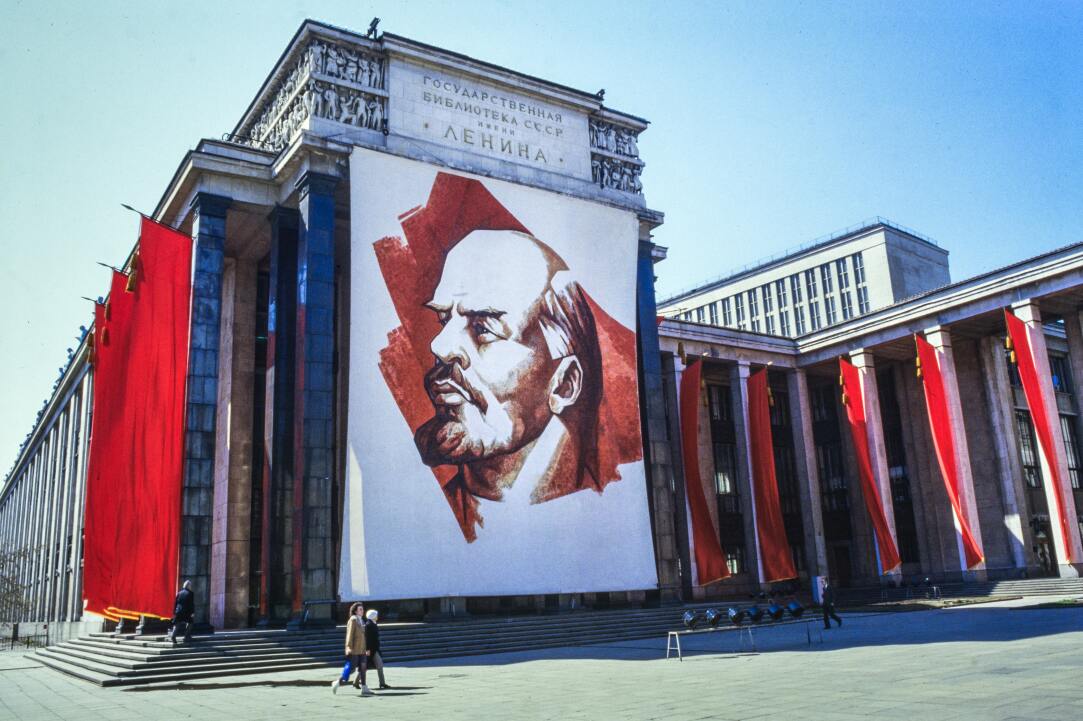‘It’s a Very Small Area of Political Science, and Working to Redress That Is Very Satisfying’

On March 15, Judas Everett defended his doctoral dissertation ‘The Effect of the Patterns in the Dissolution of Communism on the Transition to New Systems in Eastern Europe’, which investigates the relationship between the demise of communist regimes in Central and Eastern Europe and the quality of democracy in the post-communist regime. The defence took place remotely. His academic supervisor was Professor Andrey Akhremenko of the HSE University School of Politics and Governance at the Faculty of Social Sciences. In his interview, Judas talks about the topic of his research and explains why political science is more important than ever.
Judas Everett
Making a Difference with Political Science
The professors and the research produced at HSE are of the highest quality. This really attracted me to the university and makes me feel that the university and everyone involved in it are working on important things which make a real difference. It wasn’t easy to complete the PhD at HSE and the time period wasn’t the best with the pandemic and other issues, but being pushed to improve by people doing very good quality research was quite motivating. Also, it is always good to be part of something bigger than yourself.
The quality research and teaching lead me to believe that the university is making a positive impact on the world. Being part of that, and hopefully also making a positive impact on the world, is a key reason I got involved in the study of politics in the first place.
Politics has always interested me. I was originally interested as a teen because it became clear to me that politics would happen regardless and it was not something that anyone could afford to be ignorant of. Today, perhaps more than ever, we can see how important it is to understand the political processes around us. If I had the chance all over again, I would definitely still focus on political science.
Assessing the Quality of Post-Communist Democracy
It always seemed to me that the matter of post-communist transitions was intrinsically linked to the demise of communist systems, and the separation of them in the literature seemed very strange to me. While it is a very small area of political science, having been able to do work to even begin to redress that is very satisfying. In the future I would like to do more to aid in the reconceptualisation of this area.
The aim of my research was to provide a type of demise to a broad selection of cases, then measure the quality of democracy in the post-communist regimes and, finally, explore the mechanisms and processes of two cases in depth so as to better understand the results.
The research manages to succeed in doing all of these things and establish a link between the demise of communist regimes in Central and Eastern Europe and the quality of democracy in the post-communist regime, at least in the area of quality of democracy. The main value may be in the approach and the typification of demise, rather than the results themselves. These results could still allow the approach to be applied to other cases or other waves of democratisation; it is also less fixed and fatalistic than, for example, geographically determined approaches. Moreover, it is possible to assess at the moment of breakdown, which is important given the information gap which often exists in non-democratic regimes. There are several possible future directions, such as applying the approach to other areas (eg economics) or other cases (eg Latin America).
Academic Feedback and Support
More than anyone else, I would say that I consulted with my supervisor, Prof. Akhremenko. But all of the professors in the department offered valuable assistance, particularly Profs. Olga Malinova and Mikhail Ilyin. Others helped with specific elements. For example, I am grateful to Amanda Zadorian for her assistance with process tracing. The council have all given excellent feedback which really helped me too. In particular, I must thank Prof. Makarenko, who was very helpful in all rounds of the defence and the preparation of the final document.
There was a huge amount of literature, which is both a blessing and a curse, but working through it without the valuable feedback I received would have been completely impossible, so I would like to express my gratitude to everyone involved.
Hopefully, in the future I will be able to pass the favour along to other students by also giving them support and assistance. Ideally, I would like to remain in education in one form or another to be able to do exactly that.
Judas’s dissertation and a summary of its contents are available to read here.

